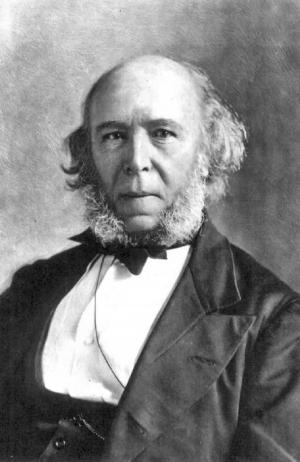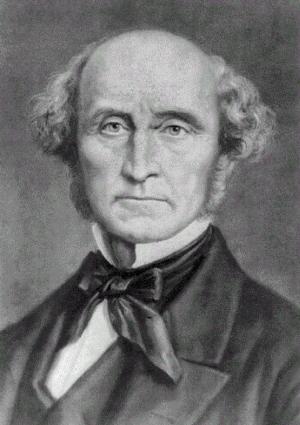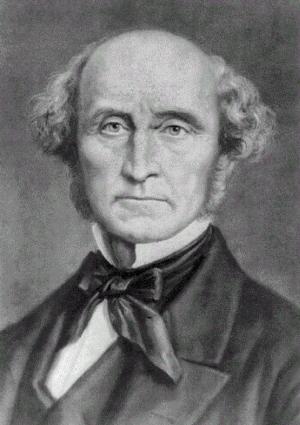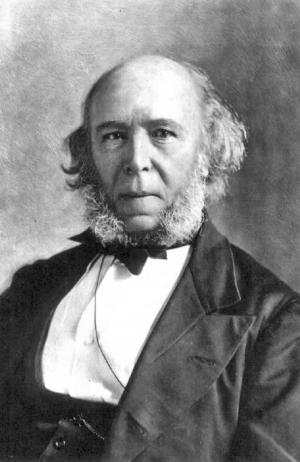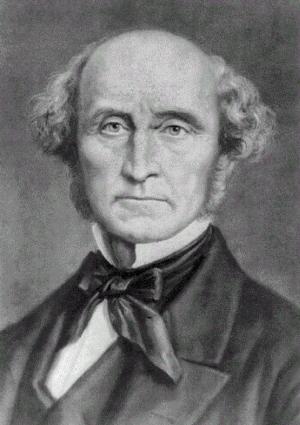John Mill on Colony (Illustrated)
Business & Finance, Economics, Macroeconomics, Theory of Economics| Author: | James Mill | ISBN: | 1230000280658 |
| Publisher: | AS Team | Publication: | November 17, 2014 |
| Imprint: | Language: | English |
| Author: | James Mill |
| ISBN: | 1230000280658 |
| Publisher: | AS Team |
| Publication: | November 17, 2014 |
| Imprint: | |
| Language: | English |
The book has an active table of contents for easy access to each chapter.
James Mill made essential contributions to social theory, political theory and political economy as a Scottish historian, economist, political theorist, and philosopher. He was a founder of classical economics along with David Ricardo and his son John Stuart Mill. James Mill published his influential History of British India in 1818 that contains a complete denunciation and rejection of Indian culture and civilization.
In 1820, James Mill published one of his important works, Colony. He wrote the essay after the deficits due to the costs involved in the administration and defence of its Indian Colony.
Mill argued from the financial point of view that “a government always spend as much as it finds it possible or safe to extract from the people. ... If the government of the mother country is sure to spend up to the resources of the country; and if a still stronger necessity operates upon the government of the colony to produce this effect, how can it possibly afford any tribute?”
Mill further contended that Britain suffered economic disadvantages in keeping British India as its colony. He said in Colony “there is, if not an absolute, at least, a moral impossibility, that a colony should ever benefit the mother country, by yielding it a permanent tribute” because the tributes should be retained for the governance of the colonies.
The essay is James Mill’s influential contributions to political and economic thoughts for the economic theory from the unique perspective of Britain. It is one of the most widely read of all books on economic theory in the world as Principles of Economics by Alfred Marshall and On the Principles of Political Economy by John Stuart Mill.
Using his writings, James Mill became one of the greatest minds who helped build the foundation of a new form of democratic society in human history that is prevailing and failing communism and socialism around the world.
James Mill is known as one of the founders of economics. The Essay is already read more than a hundred years and it will still be read for another century due to its truths.
This is a must-read book for people who are interested in the deepest thoughts about the economic and political aspect of colonialism by James Mill, one of the greatest thinkers on the planet.
The book has an active table of contents for easy access to each chapter.
James Mill made essential contributions to social theory, political theory and political economy as a Scottish historian, economist, political theorist, and philosopher. He was a founder of classical economics along with David Ricardo and his son John Stuart Mill. James Mill published his influential History of British India in 1818 that contains a complete denunciation and rejection of Indian culture and civilization.
In 1820, James Mill published one of his important works, Colony. He wrote the essay after the deficits due to the costs involved in the administration and defence of its Indian Colony.
Mill argued from the financial point of view that “a government always spend as much as it finds it possible or safe to extract from the people. ... If the government of the mother country is sure to spend up to the resources of the country; and if a still stronger necessity operates upon the government of the colony to produce this effect, how can it possibly afford any tribute?”
Mill further contended that Britain suffered economic disadvantages in keeping British India as its colony. He said in Colony “there is, if not an absolute, at least, a moral impossibility, that a colony should ever benefit the mother country, by yielding it a permanent tribute” because the tributes should be retained for the governance of the colonies.
The essay is James Mill’s influential contributions to political and economic thoughts for the economic theory from the unique perspective of Britain. It is one of the most widely read of all books on economic theory in the world as Principles of Economics by Alfred Marshall and On the Principles of Political Economy by John Stuart Mill.
Using his writings, James Mill became one of the greatest minds who helped build the foundation of a new form of democratic society in human history that is prevailing and failing communism and socialism around the world.
James Mill is known as one of the founders of economics. The Essay is already read more than a hundred years and it will still be read for another century due to its truths.
This is a must-read book for people who are interested in the deepest thoughts about the economic and political aspect of colonialism by James Mill, one of the greatest thinkers on the planet.




